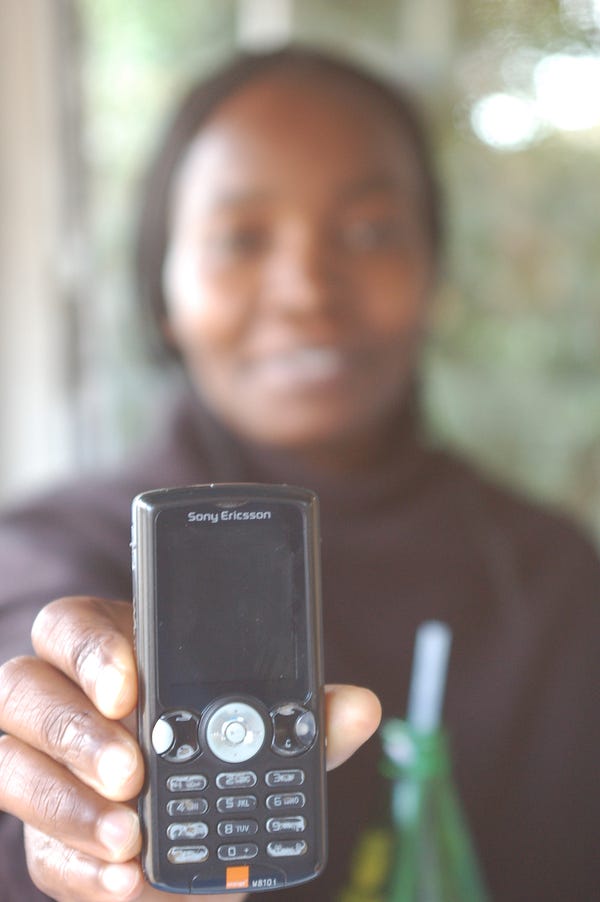Mobile Technology Empowers Africa’s Women

Photo Credit:
Despite huge progress over the last 50 years, African women still experience significant disparities at home, in learning institutions, in the workplace, and at a fundamental cultural level. These disparities translate into hurdles that prevent women from building a future for themselves and their families.
The challenges that women face across the continent are complex and interrelated, but they share a common denominator: limited access. It cuts across education, information, health care, banking, and the list goes on.
However, mobile technology on the continent is improving access for women with simple solutions.
SMS Campaigns for Education and Information
Information and education are fundamental to the advancement of women globally. When women know their rights, they can fight for them. When women understand the available possibilities, their perspective changes.
The Western world is inundated with information so it is hard to imagine a place where access to information is a problem. But for people living off the grid, Internet is a luxury, healthcare facilities are sparse, and education opportunities are few.
One simple tech solution is popping up across the continent: educational SMS campaigns. Even people in remote villages without electricity may have a cell phone or share one as a family. Governments and NGOs can now use text messaging campaigns to share information and educate women on safe sex, birth control, healthcare, and basic human rights.
Mobile Phone Programs for Tracking, Training, and Data
Access to healthcare poses another huge obstacle for women in Africa, whether they need assistance delivering a baby or HIV medication. Simple technologies can now connect, track, and refer patients. With these new advancements, the mobile phone can be a handy tool to keep tabs on patients in remote areas.
Mobile phones can also be used to teach new skills to traditional birth attendants with limited training and connect them to a referral process for complicated births.
Data collection is critical to monitoring heath. Without it, governments and health organizations can’t pinpoint problem areas and assess the impact of interventions. Mobile phones can be used to track data. In some parts of Nigeria, phones are used to anonymously report maternal deaths, removing the fear of finger-pointing.
Mobile Phone Calling and Texting as a Gateway
Access to communication translates into access to markets, education, and information, but historically, women at the village level haven’t had any connection with the outside world.
Affordable mobile phones as well as cheap SMS and calling rates have made it possible for these women to connect with family and friends, share information, plan for the future, and build their businesses. Some very simple inexpensive mobile phones can even connect to the radio. Women can now tap into a much richer network of resources and relationships.
Money Transfers Made Safe and Easy
Access to banking is a huge hurdle for many women across Africa. The absence of banking services can thwart business and complicate saving and money transfers.
Mobile phone transfer platforms are changing that. They allow anyone with a phone to send and receive money. Some providers even offer savings accounts, bill-pay services, and loans. Thanks to mobile money, women can now open bank accounts, manage their finances, and pay for products and services all from their phones.
Something as simple as a mobile phone app can advance access for women. In turn, improved access affects human rights and helps women grab a seat at the table. Mobile technology is not only transforming Africa as a whole, it is rewriting the story for women on the continent and opening up doors that were closed to them before.
Read More:
Mobile Phones Reduce Maternal Mortality
